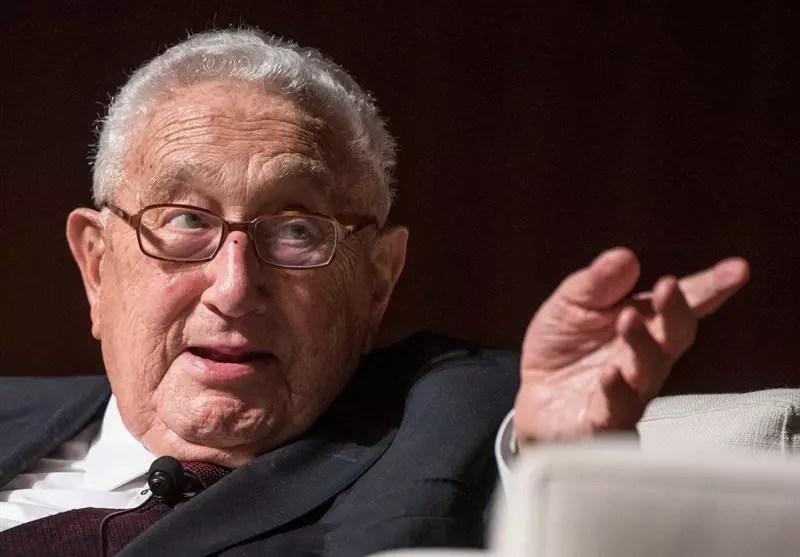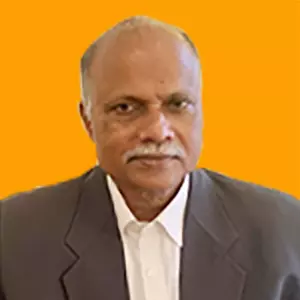
- Home
- India
- World
- Premium
- THE FEDERAL SPECIAL
- Analysis
- States
- Perspective
- Videos
- Sports
- Education
- Entertainment
- Elections
- Features
- Health
- Business
- Series
- In memoriam: Sheikh Mujibur Rahman
- Bishnoi's Men
- NEET TANGLE
- Economy Series
- Earth Day
- Kashmir’s Frozen Turbulence
- India@75
- The legend of Ramjanmabhoomi
- Liberalisation@30
- How to tame a dragon
- Celebrating biodiversity
- Farm Matters
- 50 days of solitude
- Bringing Migrants Home
- Budget 2020
- Jharkhand Votes
- The Federal Investigates
- The Federal Impact
- Vanishing Sand
- Gandhi @ 150
- Andhra Today
- Field report
- Operation Gulmarg
- Pandemic @1 Mn in India
- The Federal Year-End
- The Zero Year
- Science
- Brand studio
- Newsletter
- Elections 2024
- Events
- Home
- IndiaIndia
- World
- Analysis
- StatesStates
- PerspectivePerspective
- VideosVideos
- Sports
- Education
- Entertainment
- ElectionsElections
- Features
- Health
- BusinessBusiness
- Premium
- Loading...
Premium - Events

Kissinger presided over American policy that killed thousands of defenceless civilians, in Asia, Africa and Latin America, all in the name of avoiding conflict between US and Soviet Union
The Ugly American was the title of a 1958 American political novel, which dealt with American diplomatic folly in post-World War II Indo-China.
Subsequently, the phrase has morphed to represent loutish behaviour by Americans abroad. If any major American individual deserved that sobriquet, it was Henry Kissinger, who lived to the ripe old age of 100, and acquired a reputation as a master of realpolitik, who could have taught a useful thing or two to Machiavelli when free from his day job as US National Security Advisor, Secretary of State, and consultant to politicians and businesses.
He shaped and presided over American policy that killed hundreds of thousands of people, the vast majority defenceless civilians, in Asia, Africa and Latin America, all in the name of preventing direct conflict between the two superpowers, the US and the Soviet Union.
The West celebrates Kissinger as the consummate strategist and diplomat, and, in the normal course, the tendency would have been for Indian media outlets to uncritically reproduce those paeans of hyperbolic homage.
Gory record
Yet, many Indians have not forgotten Kissinger’s role in trying to torpedo the liberation of East Pakistan by dispatching a naval task force headed by the world’s largest aircraft carrier of the time, USS Enterprise, to the Indian Ocean, in order to coerce New Delhi into docile acceptance of the massacre of hundreds of thousands of civilians in East Pakistan, and their flight across the border to India.
So, articles have appeared in the Indian media, harking back to American backing for Pakistan and disdain for Indian democracy. Yet these do not do full justice to his gory record in Laos, Cambodia and Vietnam, besides in Latin America and Africa.
Today, the world is aghast at the slaughter of civilians in Gaza, as Israel inflicts collective punishment on Palestinians for the crimes committed by Hamas. The information revolution, particularly the rise of social media, means that it is not possible to blot out from public attention the killings of civilians, including women and children in hospitals in Gaza.
The situation was different in the 1960s and the ‘70s.
War on communism
In the name of containing the spread of Communism, the US fought the Viet Cong, Communist-backed supporters in South Vietnam of unifying their partitioned homeland, and the Viet Minh, the fighters of Soviet and China-backed North Vietnam. In the name of hunting down Communist fighters who had crossed the border into Cambodia, American warplanes and helicopter gunships rained death on Cambodians.
Kissinger supervised this operation, while hiding it from the American public. At least 150,000 (275,000-310,000 by another estimate) Cambodian civilians were killed, many more lost limbs or were maimed otherwise. Countless others suffered what today would be called post-traumatic stress disorder. The land was covered with mines and other unexploded ordnance.
The weakening of the Cambodian state and society resulting from unchecked American armed attacks paved the way for civil war and the seizure of power by the Khmer Rouge, whose atrocities and policies killed another two million Cambodians.
Something like this, but on a smaller scale, happened to Laos, as well. The collateral damage in Laos of the Vietnam war was anything up to 62,000 killed.
Vietnam carnage
After dropping over Vietnam tens of multiples of tons of explosives dropped over Japan during World War II, after spraying toxic Agent Orange to defoliate the trees and shrubs the Viet Cong used to conceal themselves, after showering Vietnamese villages with Napalm, the Americans lost the war. The Vietnamese prevailed, at a huge cost to themselves.
By the time the US pulled out of Vietnam in 1973, 58,000 odd American soldiers had died in the war. The North Vietnamese finally unified the country in 1975, taking Saigon. Two million Vietnamese civilians and 1.1 million combatants lost their lives. The number of South Vietnamese soldiers killed, fighting alongside Americans, is estimated at around 230,000. Nixon and Kissinger shared with their predecessors the responsibility for so much loss of human life. Ironically, Kissinger was awarded the Nobel prize for peace for his role in negotiating an end to the carnage.
Backing military regimes
On Kissinger’s watch, the US supported the coup in Chile that killed off President Allende and installed Gen Pinochet’s military regime. Earlier, America had supported the military regime in Argentina. Kissinger thought up the policy of crushing national liberation struggles in Africa with the help of African proxies such as the Apartheid regime of South Africa and Zaire’s dictator Mobutu Sese Seko. In Angola, half a million people died, but the liberation movement prevailed. Something similar happened in Rhodesia, today’s Zimbabwe.
The hubris and total disregard for non-American lives that were the hallmarks of Kissinger’s realpolitik, it could be argued, moulded America’s war on terror, decades later, in Iraq and Aghanistan.
Kissinger is fondly remembered in one place, though: China. In their quest to take advantage of the growing differences between the Soviet Union and Mao’s China, the Nixon-Kissinger duo decided to ditch Taiwan and recognise Mao’s Communist regime as the legitimate representative of the Chinese people. Kissinger negotiated with Mao, using Gen Yahya Khan’s good offices for the purpose, to arrange a meeting between Mao and Richard Nixon.
Kissinger used his Beijing connections to ease the path of countless American businesses into China, earning a small fortune in consultancy fees over the years. In a way, he played a role in building China up as America’s superpower rival.
Yes, Kissinger loomed large over the world in his prime, like a Goliath who did not meet his David.
(The Federal seeks to present views and opinions from all sides of the spectrum. The information, ideas or opinions in the articles are of the author and do not necessarily reflect the views of The Federal)
(TK Arun is a senior journalist based in Delhi)


